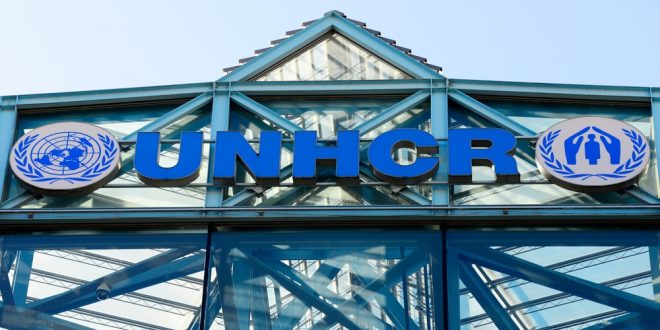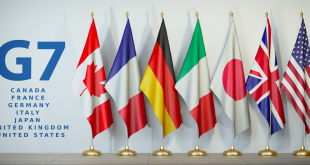A rise in both online and land-based gambling operations in Southeast Asia, many of which are not legal under local laws, has contributed heavily to criminal activity according to the UN.
A UN Human Rights Office (UNHRO) report into human trafficking in the region – specifically looking at Loa, Thailand, Cambodia, Vietnam and the Philippines – estimates that ‘hundreds of thousands’ of people are being forced into participating in online scams by crime groups.
In one section, the UNHRO asserted that the online scam operations in the region are ‘rooted in the rise of online gambling operations’, which are outright banned in China, Cambodia, Thailand and Lao.
UN High Commissioner for Human Rights, Volker Türk, said: “People who are coerced into working in these scamming operations endure inhumane treatment while being forced to carry out crimes. They are victims. They are not criminals.
“In continuing to call for justice for those who have been defrauded through online criminality, we must not forget that this complex phenomenon has two sets of victims.”
The UN notably highlighted the growth of the Cambodian and Philippine gambling industries, with the number of casinos in the former having risen from 57 in 2014 to 50 in 2019.
Meanwhile, the Philippines created its Offshore Gambling Operator (POGO) system in 2016 to allow online gambling for players outside the Philippines, but the UN has raised concerns about the ‘tens of thousands’ of migrant workers and ‘smaller numbers of Fillipinos’ employed.
The report explained: “There has been concern about criminal activities linked to these operations, particularly cases of kidnapping and illegal detention of employees.”
Focusing further on the Philippines, the report emphasised that ‘regulatory gaps’ exist in the country regarding the existence of the POGO system and the operations of the gambling authority, the Philippine Amusement and Gaming Corporation (PAGCOR).
These regulatory gaps are evident in the fact that in 2020, the Philippine Department of Finance (DOF) estimated that there were 230 POGOs operating in 2020, but at the time PAGCOR only recorded 60 licensed firms.
Of these 60, only 10 were paying taxes according to the country’s Bureau of Internal Revenue (BIR). A more recent update in 2022 saw just 34 POGO’s officially licensed with PAGCOR.
The authority has been pursuing a reform of its offshore gambling system of late, however. An inter-agency campaign against illegal offshore operators commenced earlier this year, and a new framework for stricter sanctions was introduced in August.
With the Philippines also planning on potentially selling off of the state-owned land-based business and launching an official online casino offering next year, the impact these various changes may have on the extent of criminality in gambling have yet to be seen.
The Philippines is of course not the only country to have raised alarm bells at the UN, however. The report further outlined that the growth of Vietnamese online gambling has created demand for Vietnamese language speakers to service the market, leading to the potential for employment exploitation in this regard.
However, some of the exploitation also appears to be related to customer demand for gambling which has fueled organised criminal interest in operating fake gambling sites as scams.
The UN is concerned that people may be forced, such as through kidnapping, to operate these false gambling sites to scam bettors out of deposits. Similar to the Philippines, Vietnam is taking steps to counter this, such as issuing a directive on strengthening crime-prevention in gambling in May 2023.
Türk concluded: “All affected states need to summon the political will to strengthen human rights and improve governance and the rule of law, including through serious and sustained efforts to tackle corruption.
“This must be as much a part of the response to these scams as a robust criminal justice response. Only such a holistic approach can break the cycle of impunity and ensure protection and justice for the people who have been so horrifically abused.”








